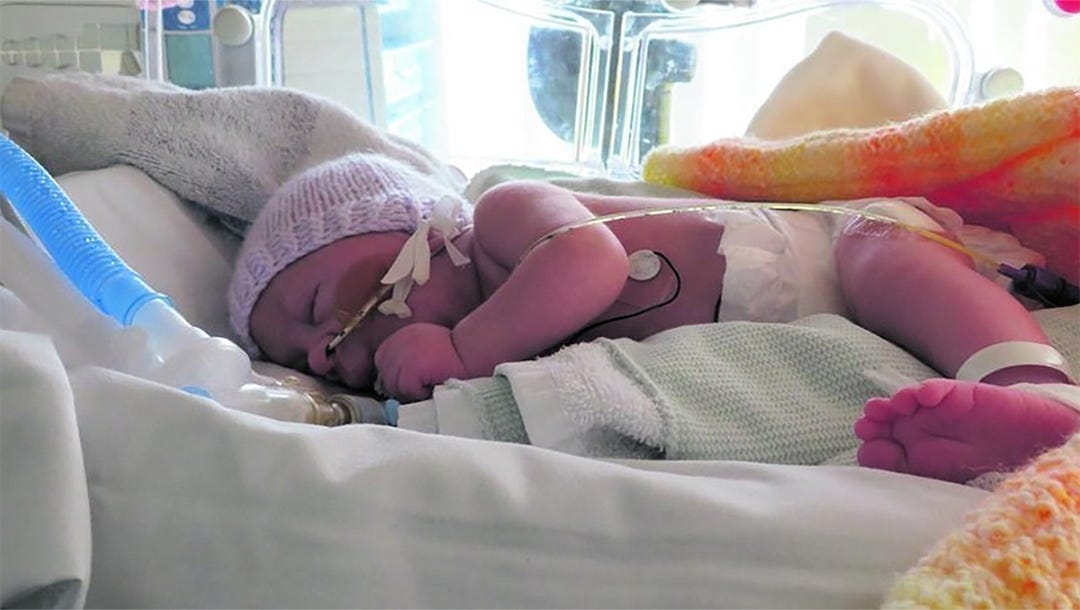Officials at the U.S. State Department have sought to intervene in the case of Alta Fixsler, a two-year-old girl on life support in a UK hospital whose parents desire to seek treatment outside the country.
“The Under Secretary for Political Affairs and senior officials in the U.S. Department of State’s Bureau …

